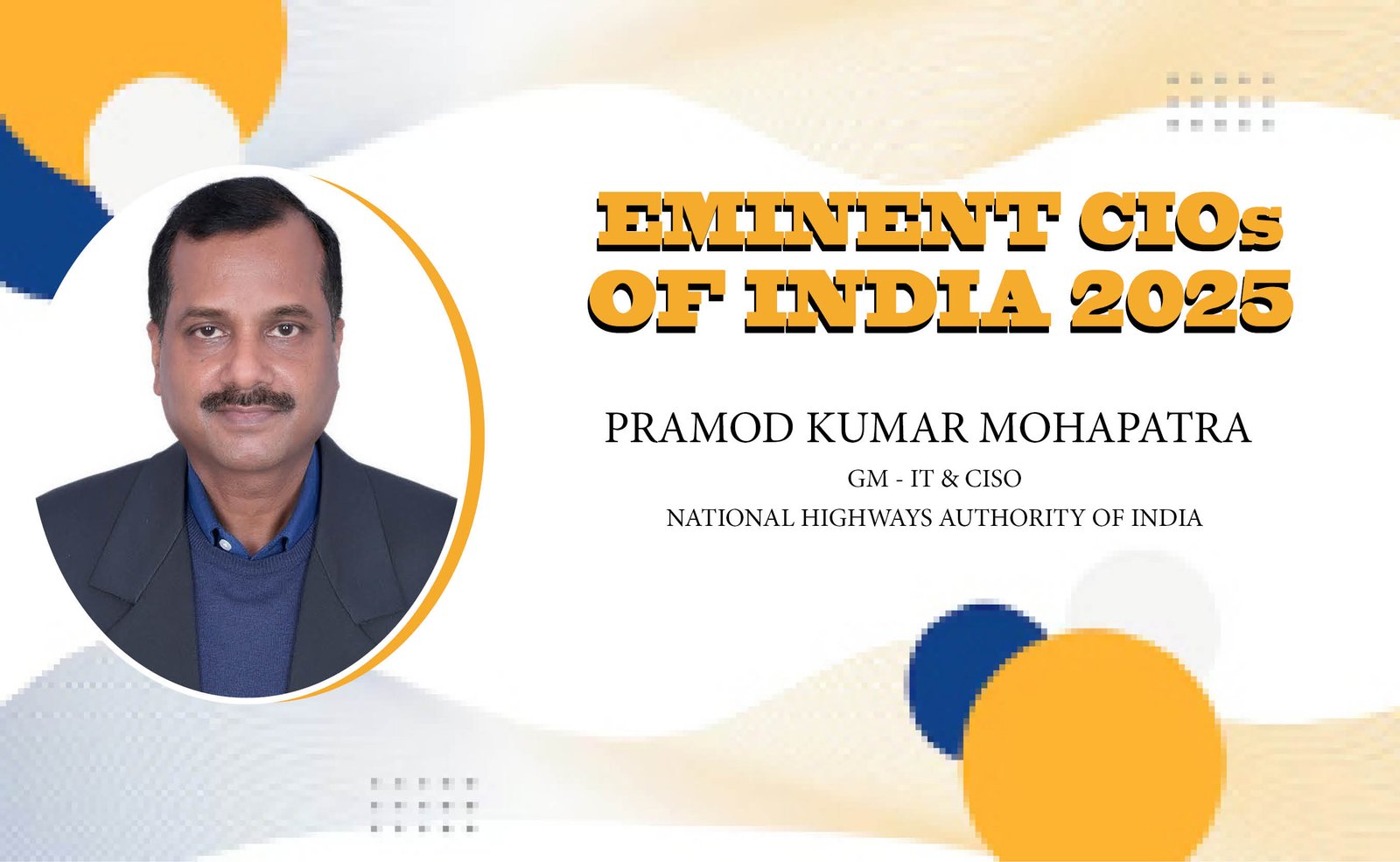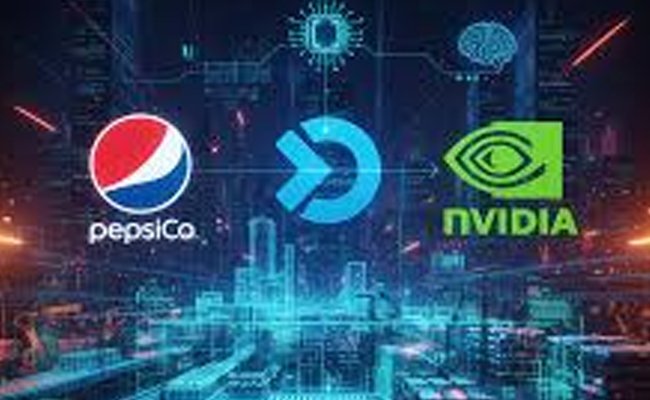Pramod Kumar Mohapatra, GM - IT & CISO, NATIONAL HIGHWAYS AUTHORITY OF INDIA
Day by day businesses are getting transformed by technologies like Artificial Intelligence (AI), Generative AI (GenAI), IoT, 5G, Edge Computing, and Blockchain. AI will be deeply embedded in core business applications, with autonomous agents helping automate tasks and make decisions. Edge computing, powered by 5G and IoT, will make data processing faster and smarter.
Quantum computing will improve cybersecurity, while AI-based tools will help predict threats and respond quickly. More businesses will use AI-driven analytics to understand trends and improve decision-making. Companies will also prioritize eco-friendly technology through carbon-aware cloud operations and green data centres.
Building a Security-First Culture
Creating a security-first culture requires more than just technology—it’s about educating people, changing habits, and encouraging awareness. Leadership must show visible commitment to cybersecurity, support training programs, and involve all departments. Key steps include embedding secure-by-design principles, conducting regular awareness programs, training high-risk roles, and doing regular risk assessments. Policies should be clearly communicated, with continuous improvement and reinforcement of good security behaviour. A collaborative approach between departments is essential to ensure cybersecurity is part of everyday operations and decisions.
The Expanding Role of Technology Leaders
The Chief Information Officer (CIO) has evolved into a strategic business leader, driving digital transformation and innovation. CIOs lead agile IT initiatives, foster cross-functional collaboration, and shape data and cybersecurity strategies. They enhance decision-making through data insights and continuous process improvement. By building strong IT teams and promoting ongoing learning, CIOs support organizational adaptability. Their close collaboration with other departments helps leadership make informed decisions. This modern role emphasizes the strategic value of data as a core business asset and a driver of growth.
Evolution in a Trust-Centric Enterprise
Roles like CIO, CTO, CISO, and Data Protection Officer (DPO) are becoming more strategic. CIOs and CTOs focus on innovation and aligning technology with business goals. CISOs are now risk managers, using AI to detect and prevent threats. DPOs ensure data privacy compliance and protect digital data. While these roles overlap in areas like security and data governance, DPOs must remain independent due to legal concerns. Under India’s DPDP law, DPOs shouldn’t control how data is processed. Their focus is solely on protecting personal data, while CIOs, CTOs, and CISOs manage the systems that process it.






